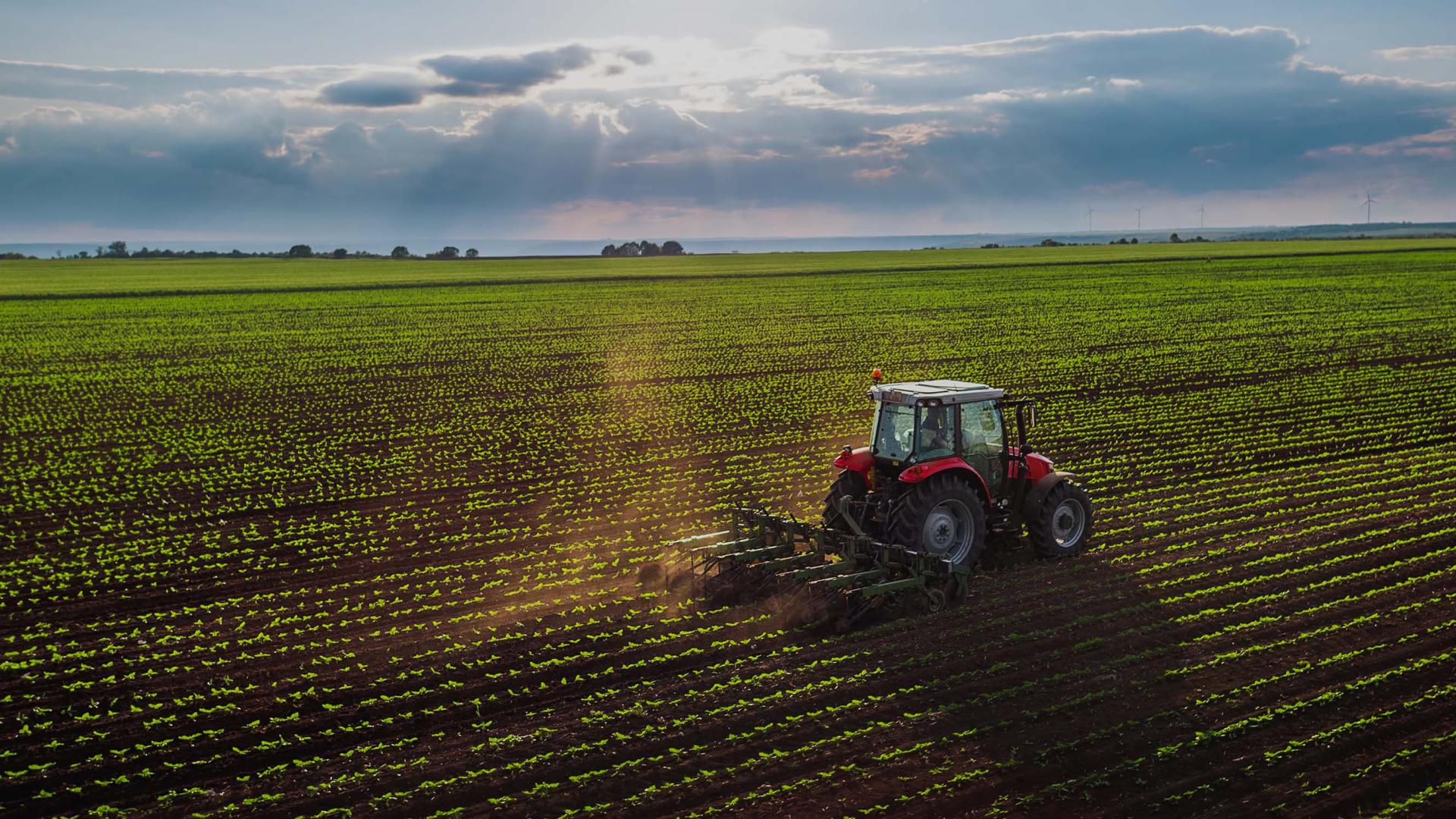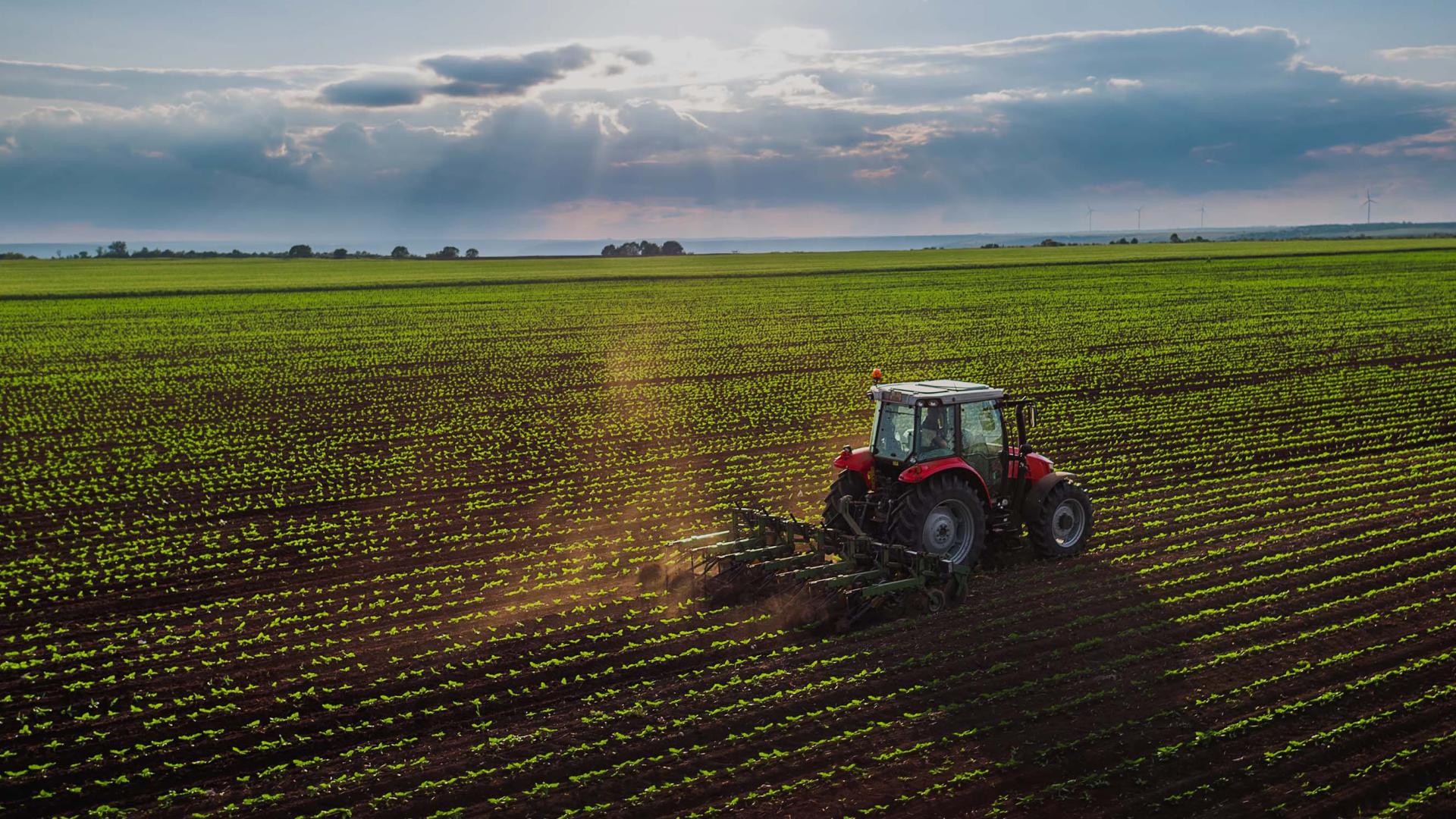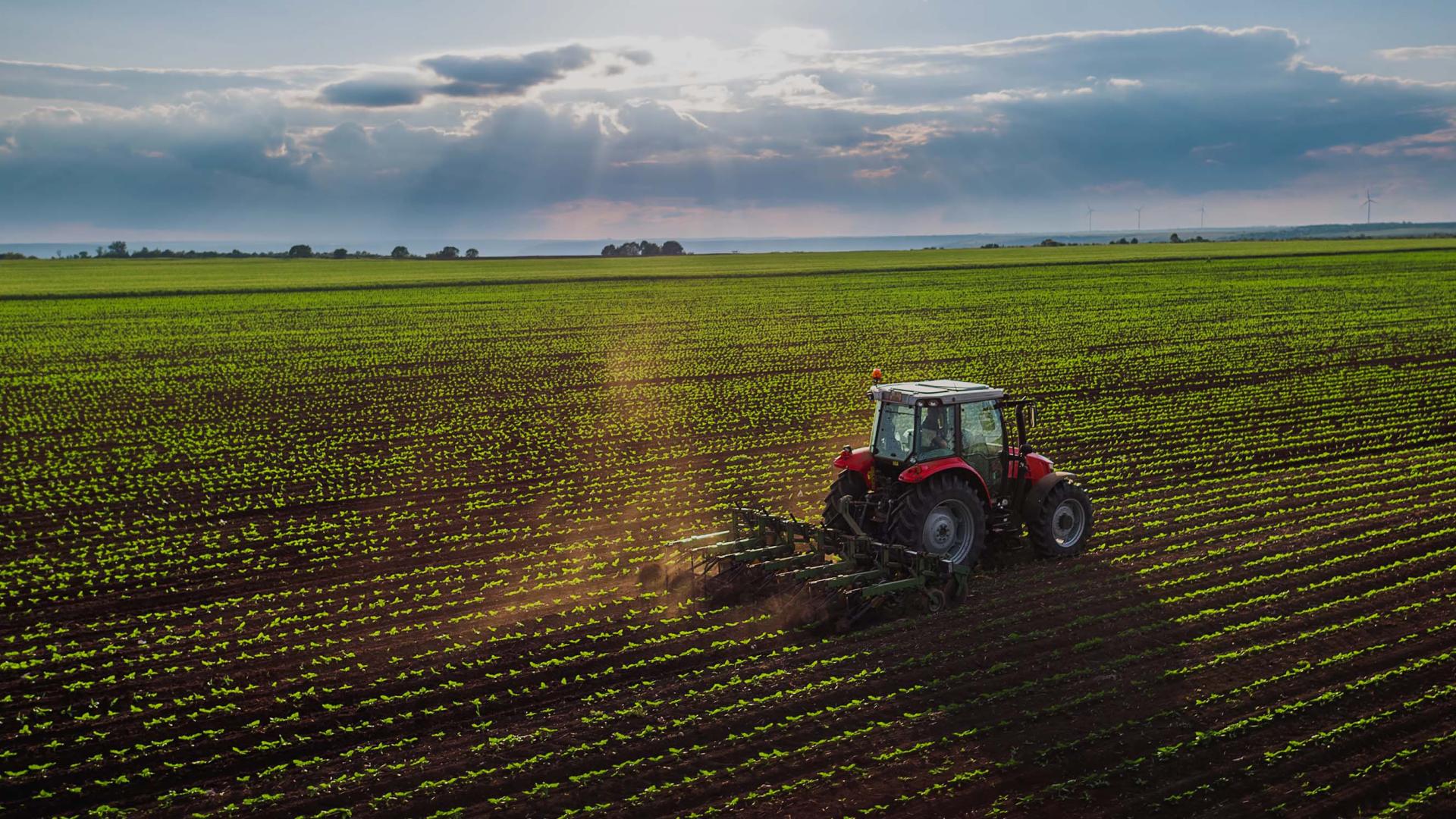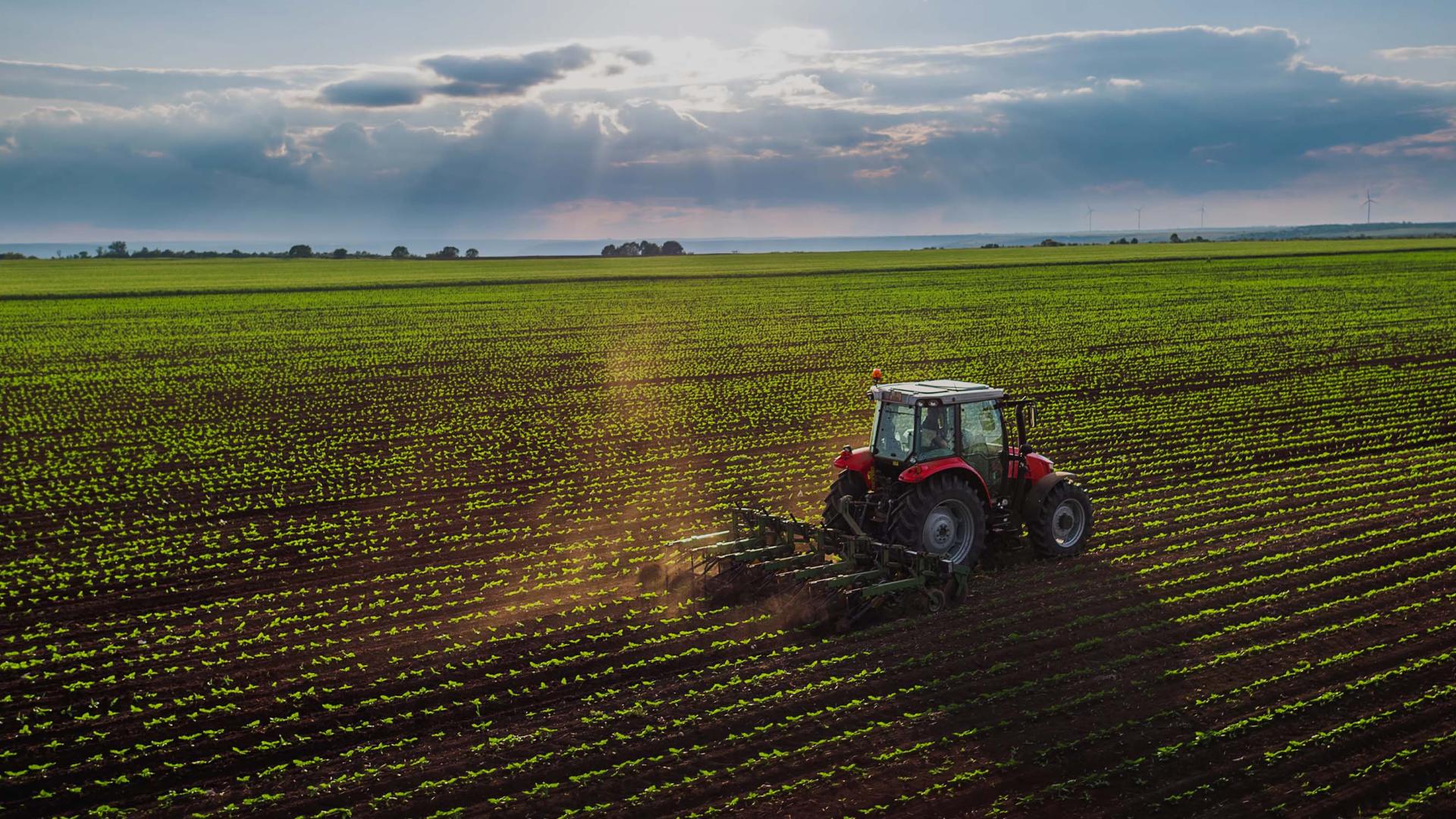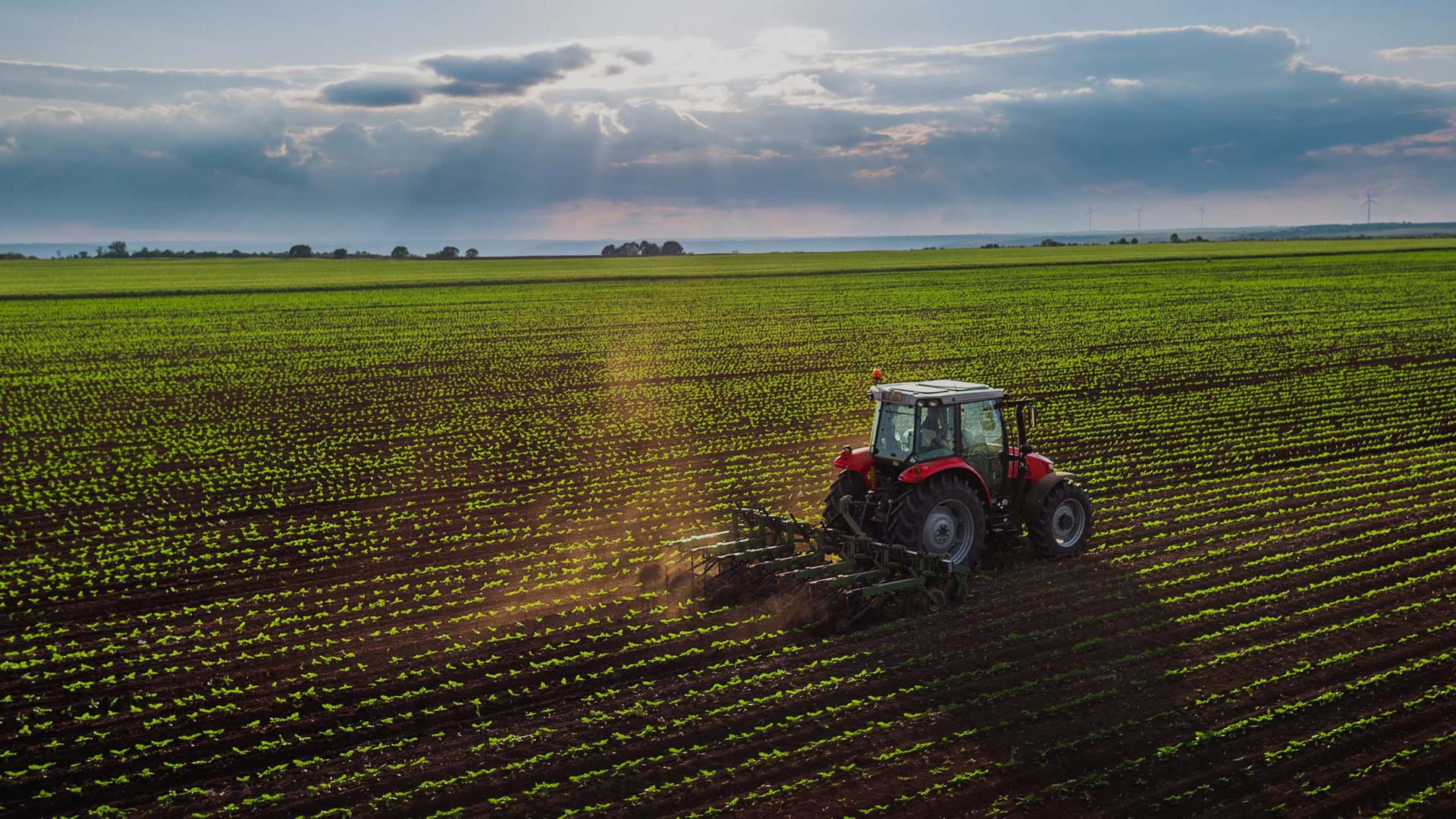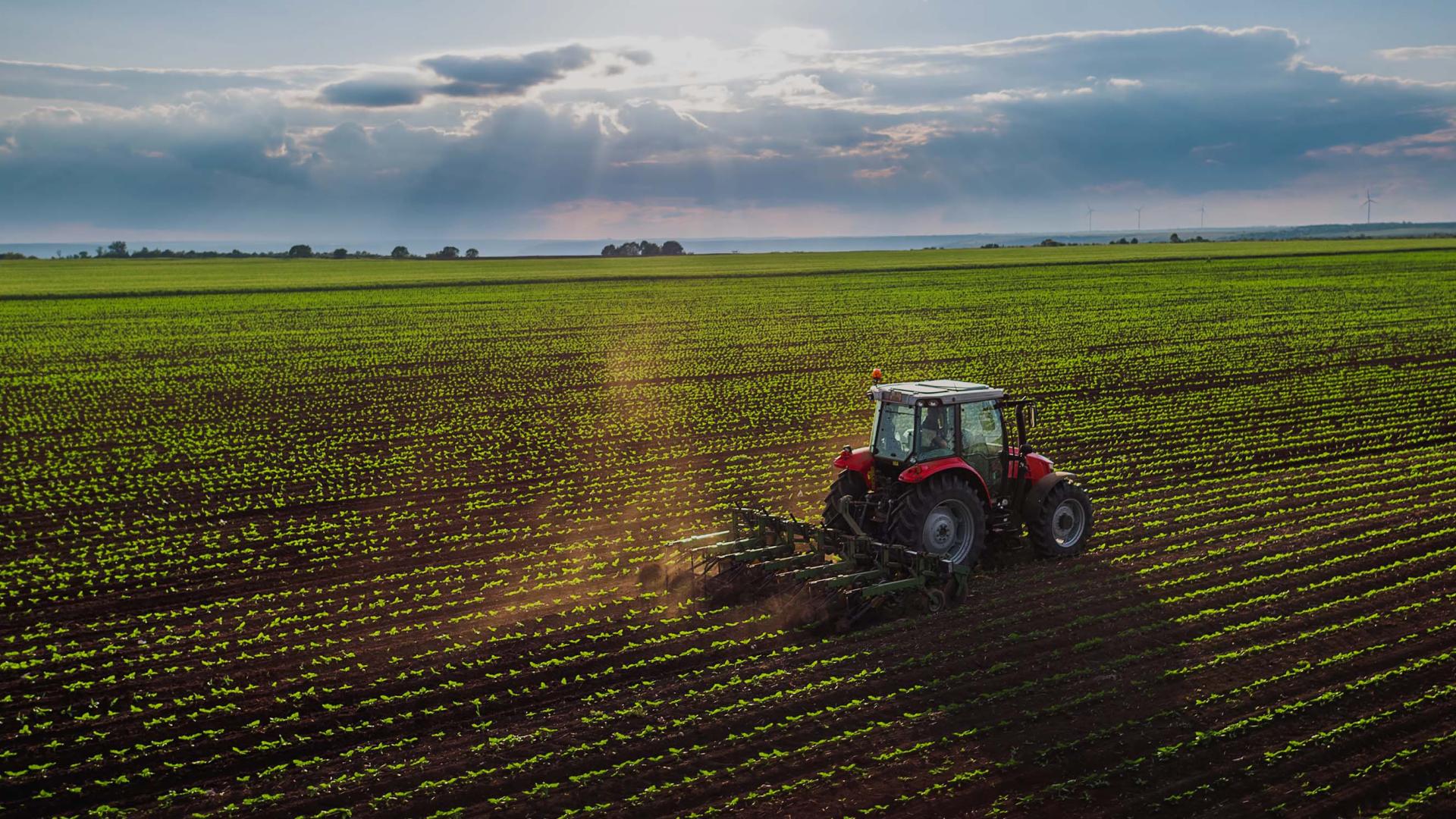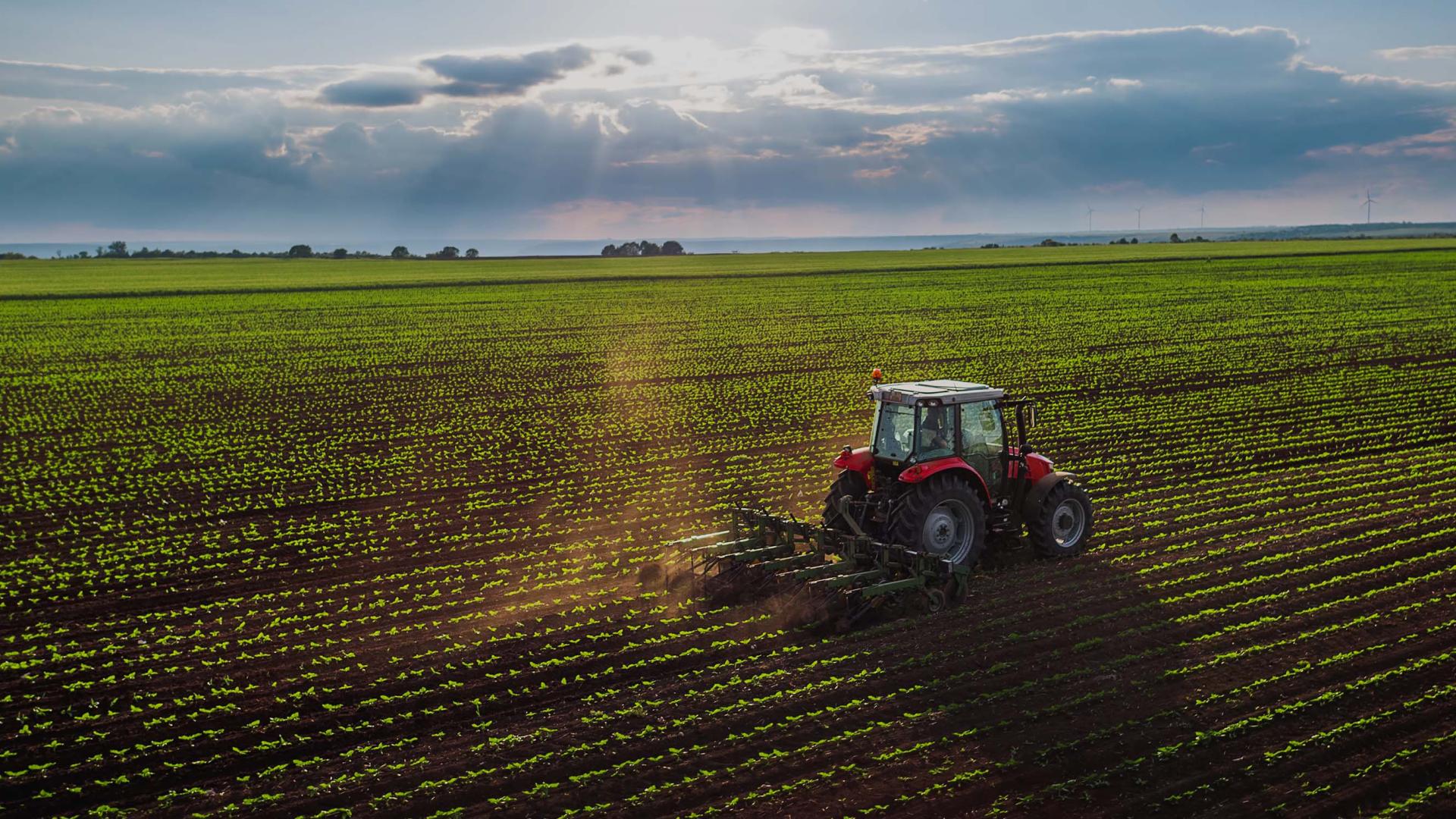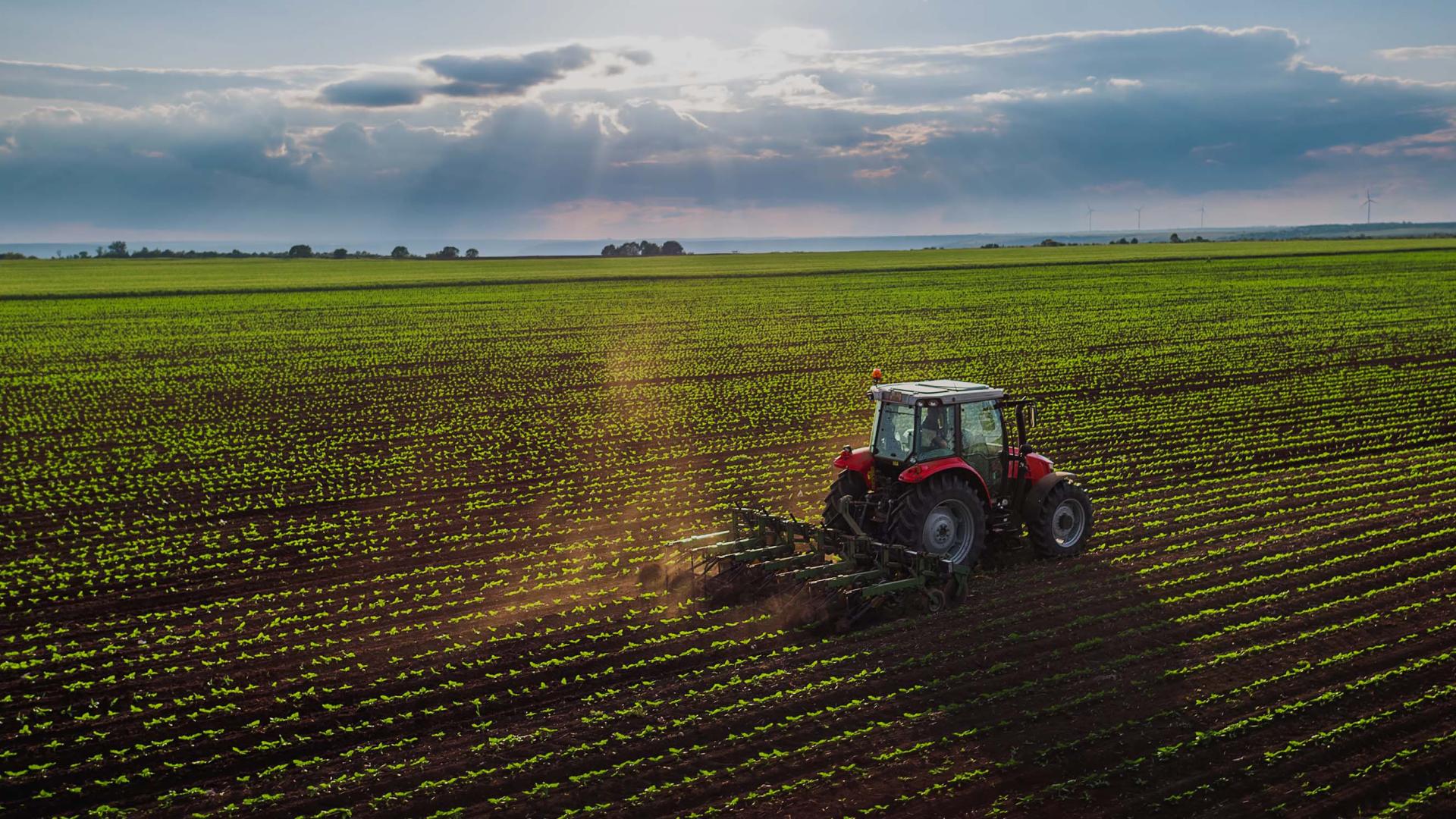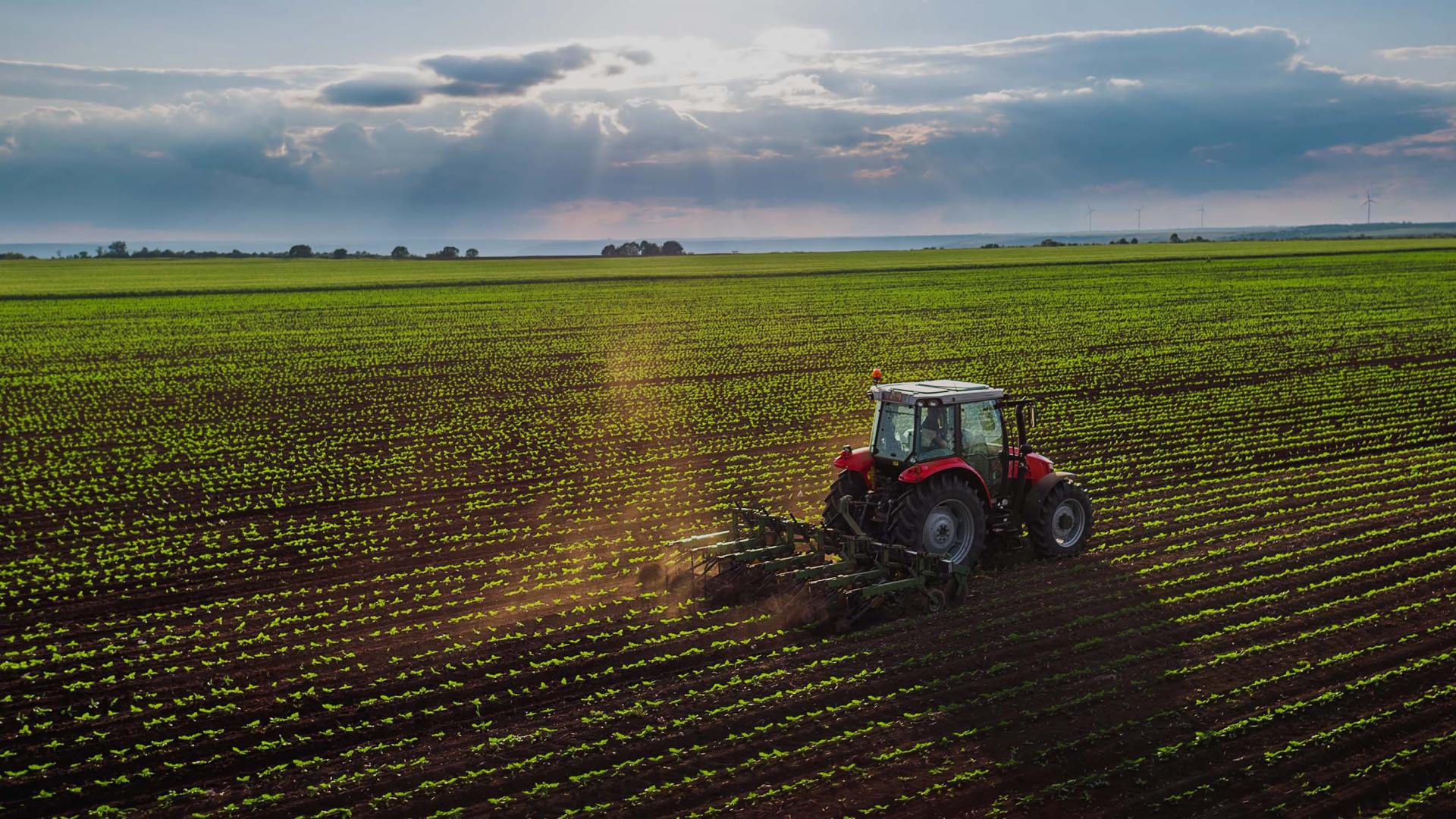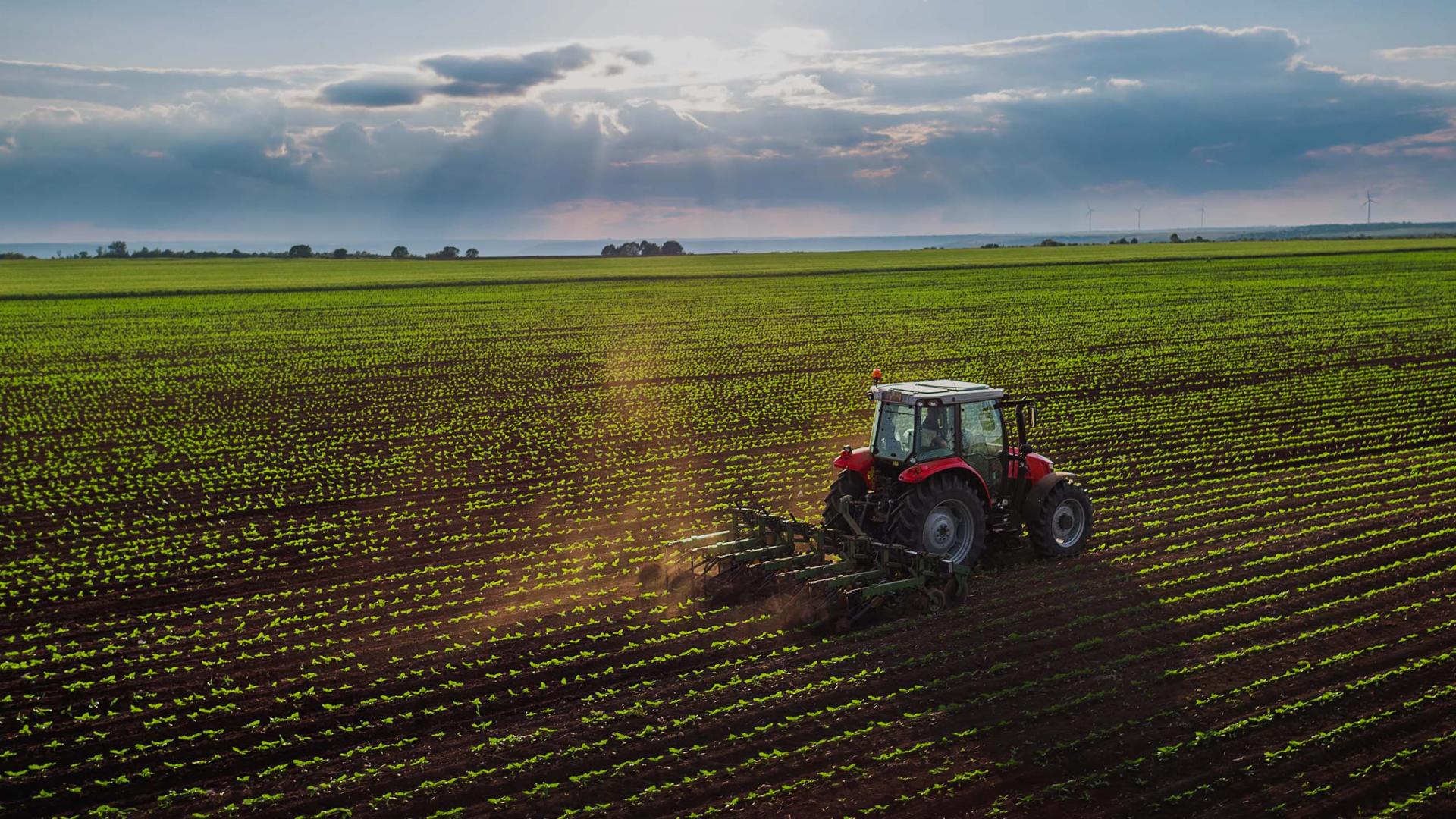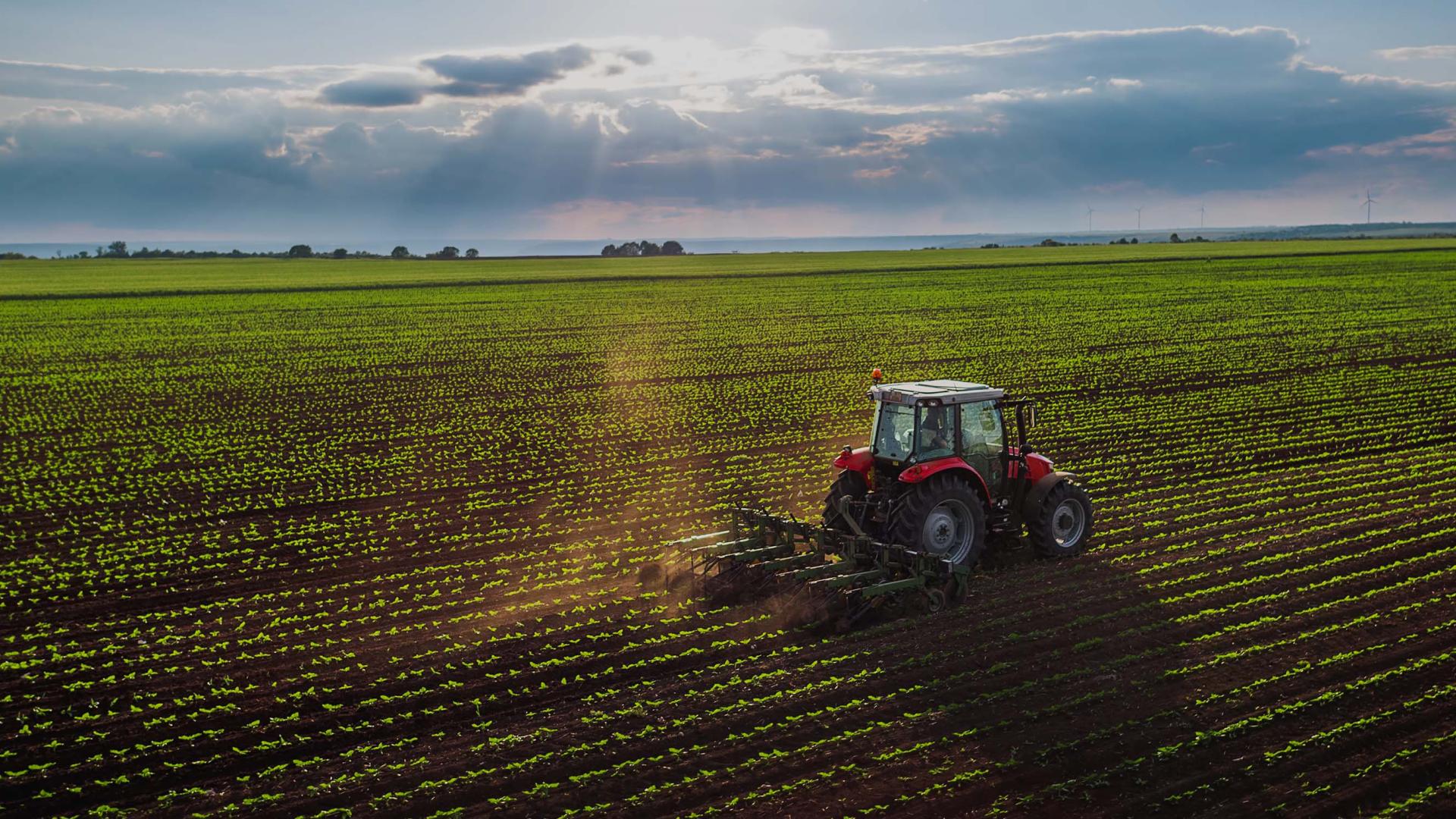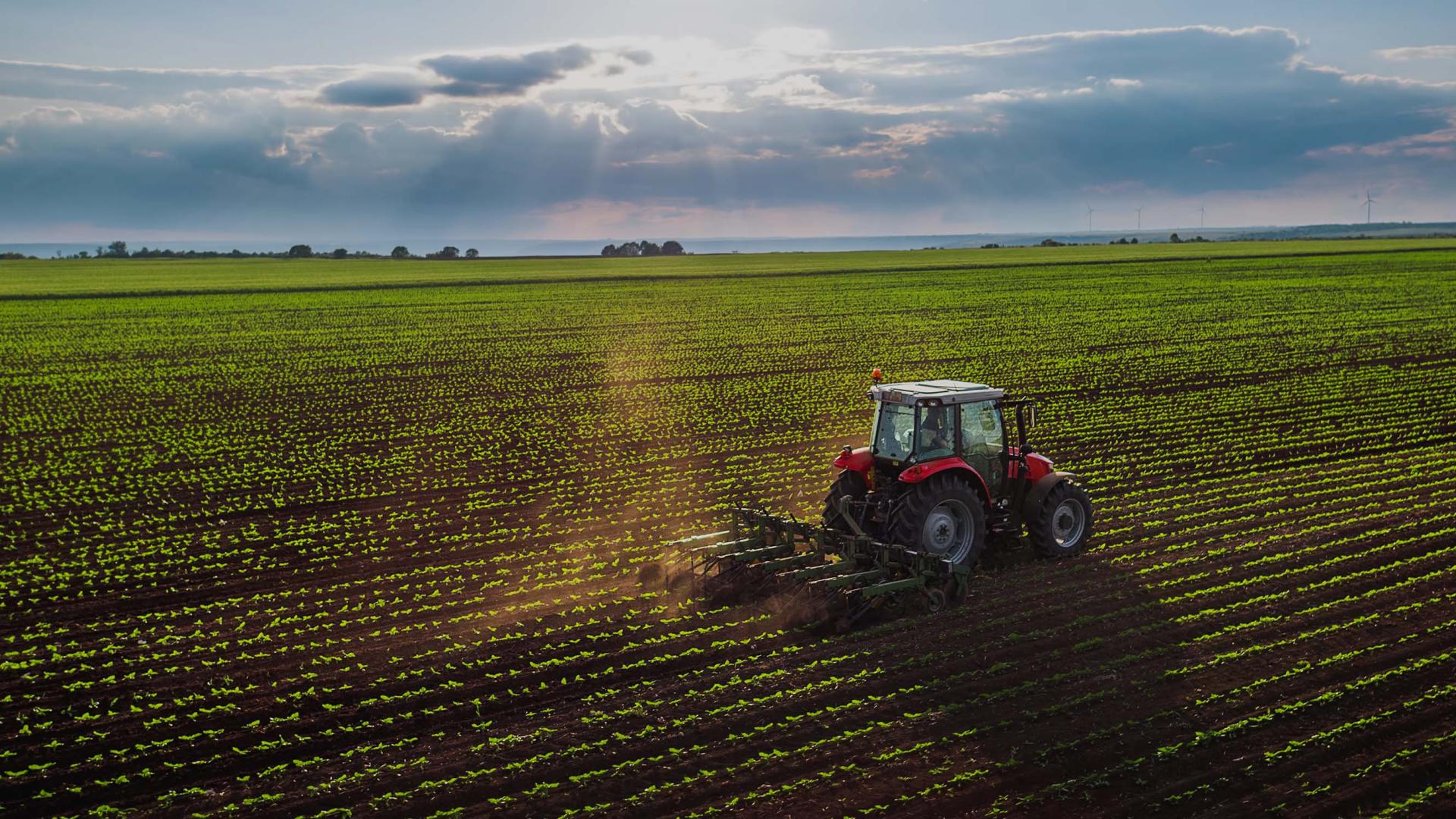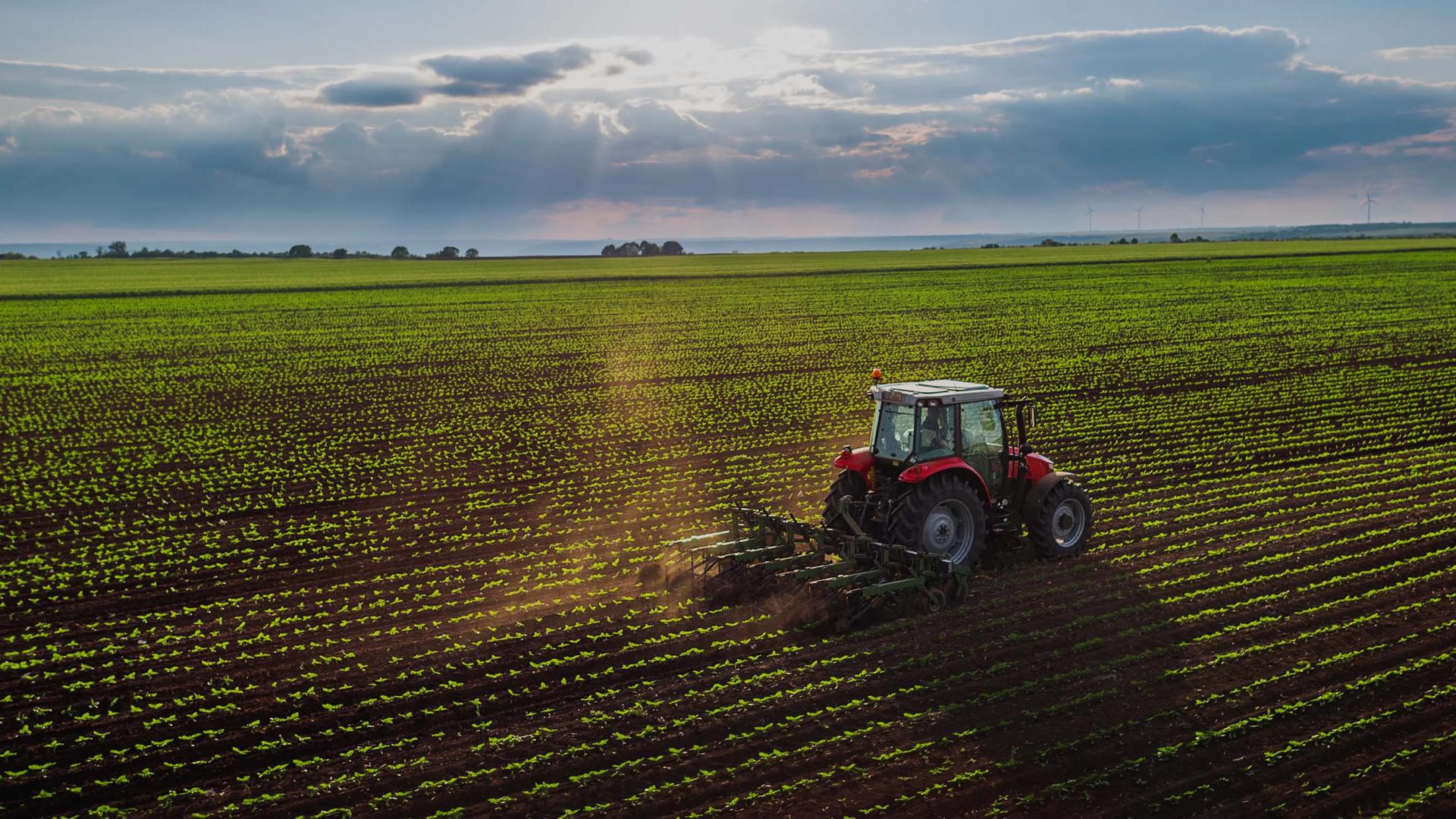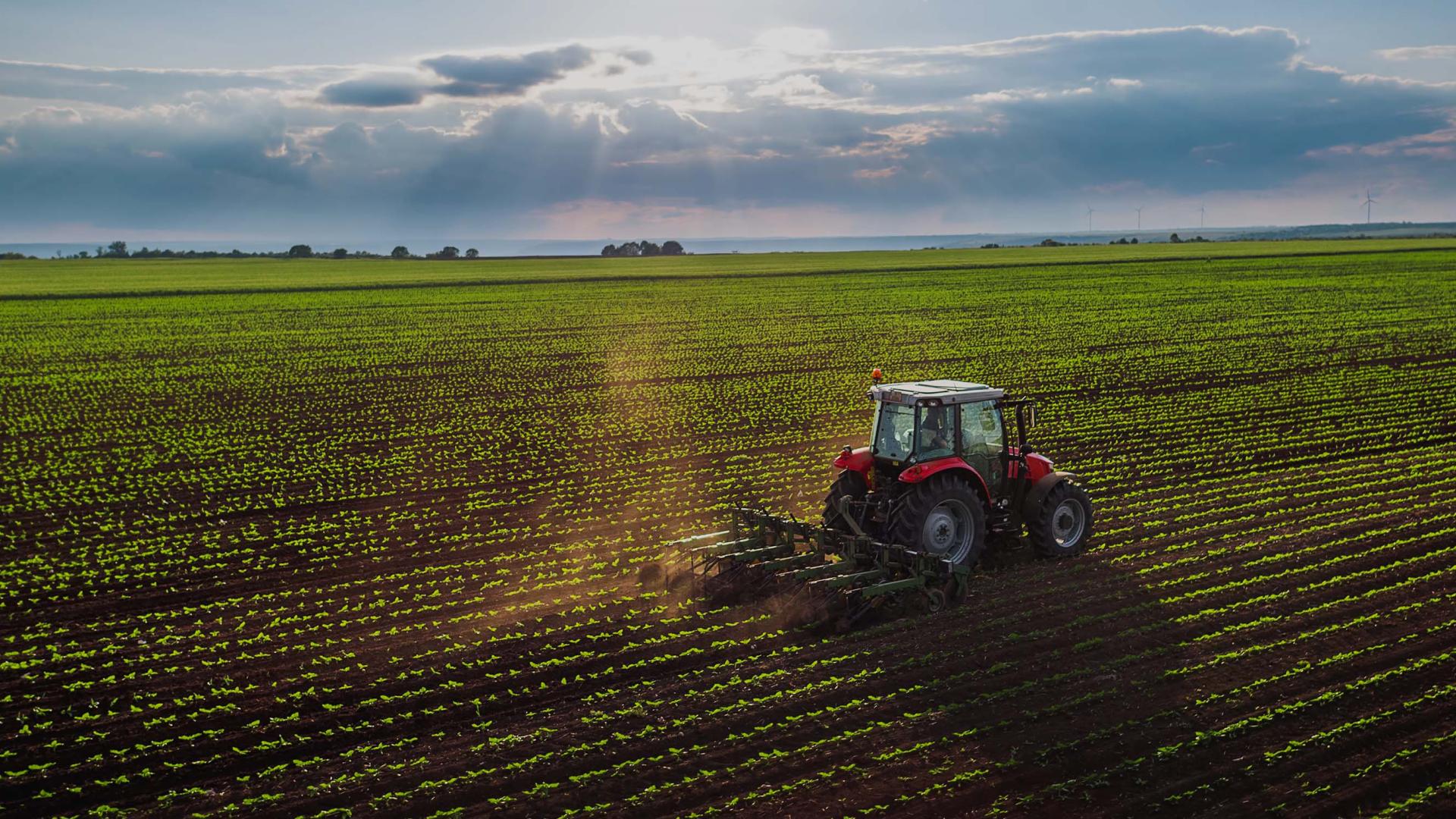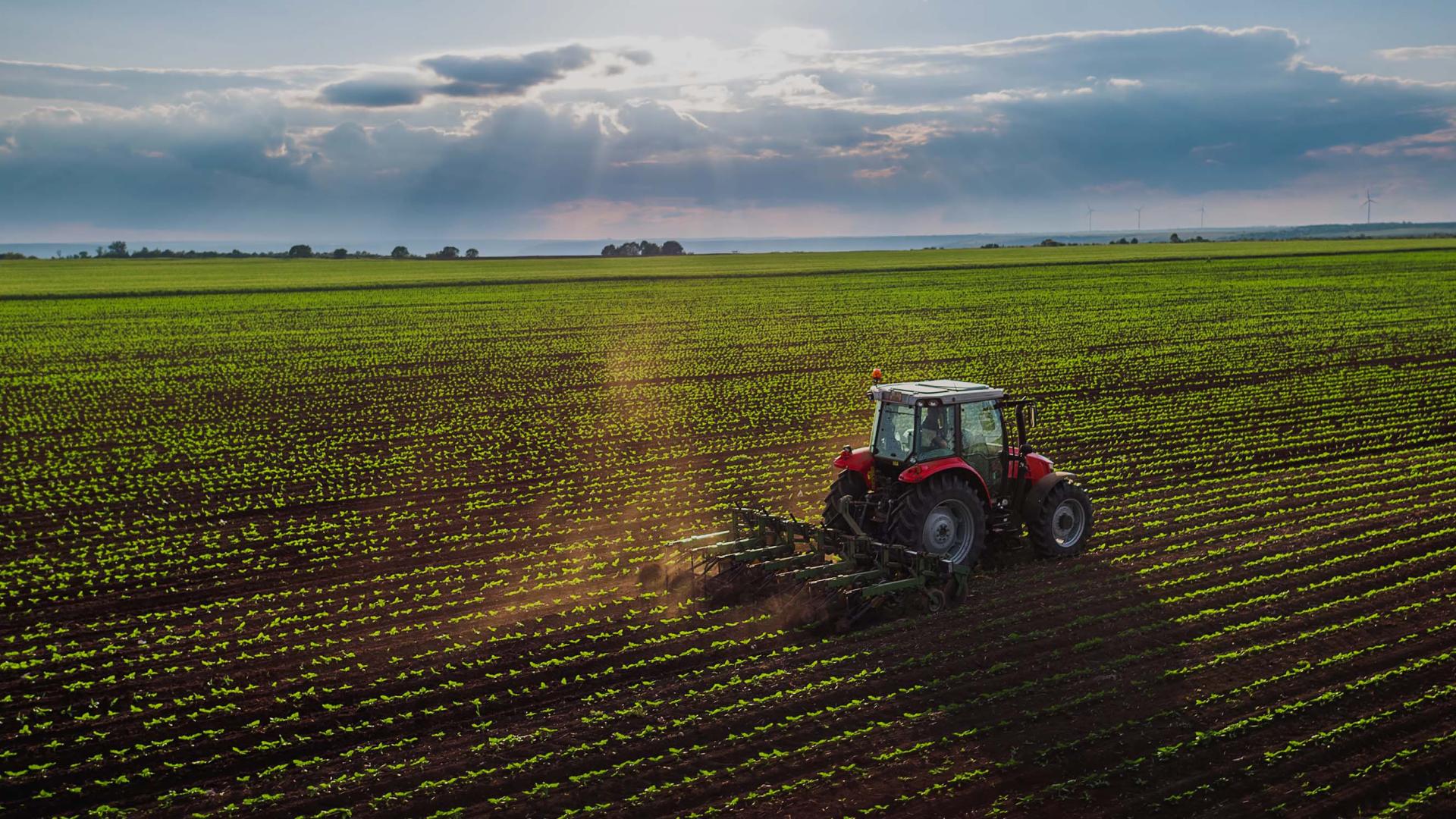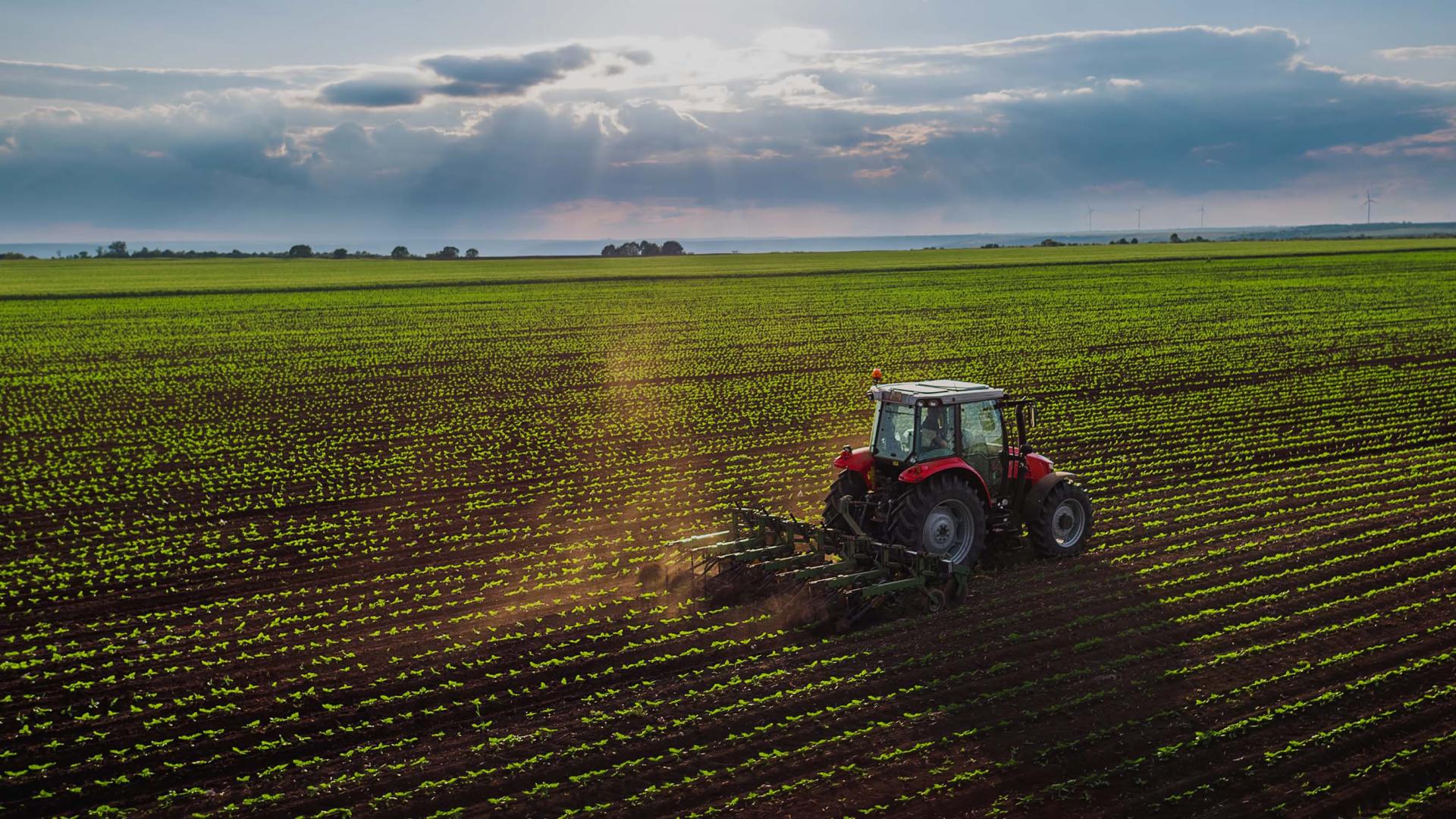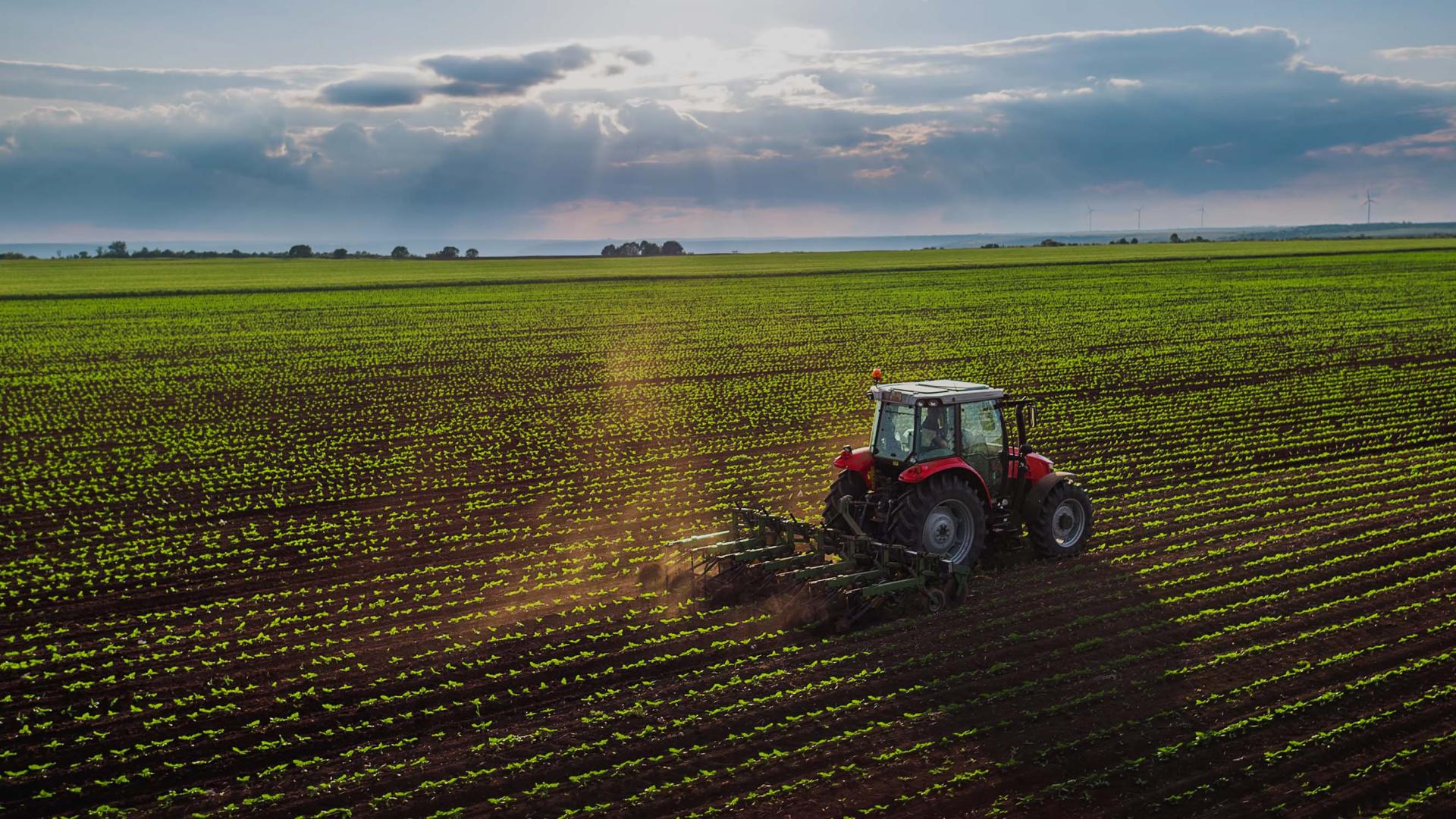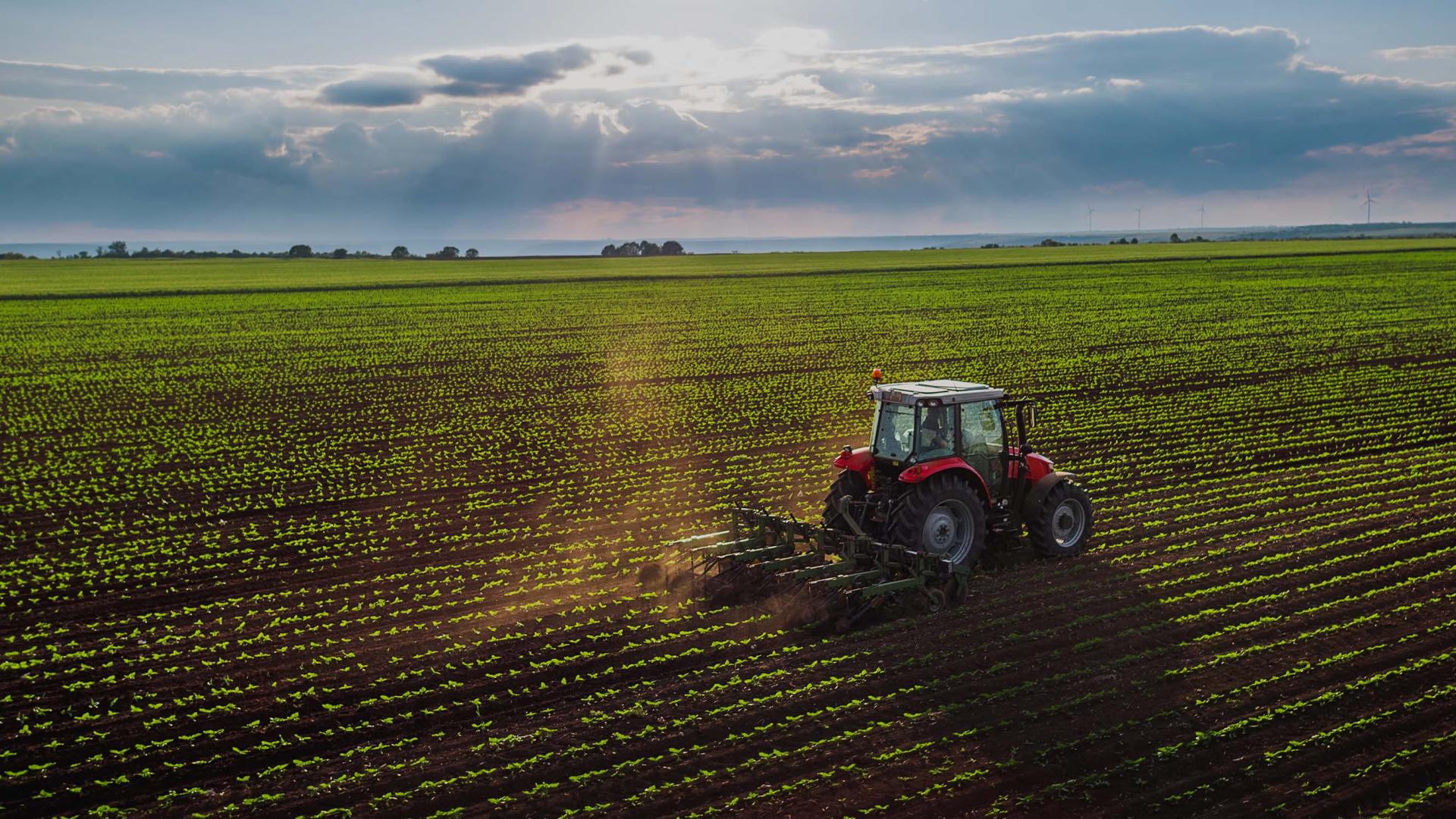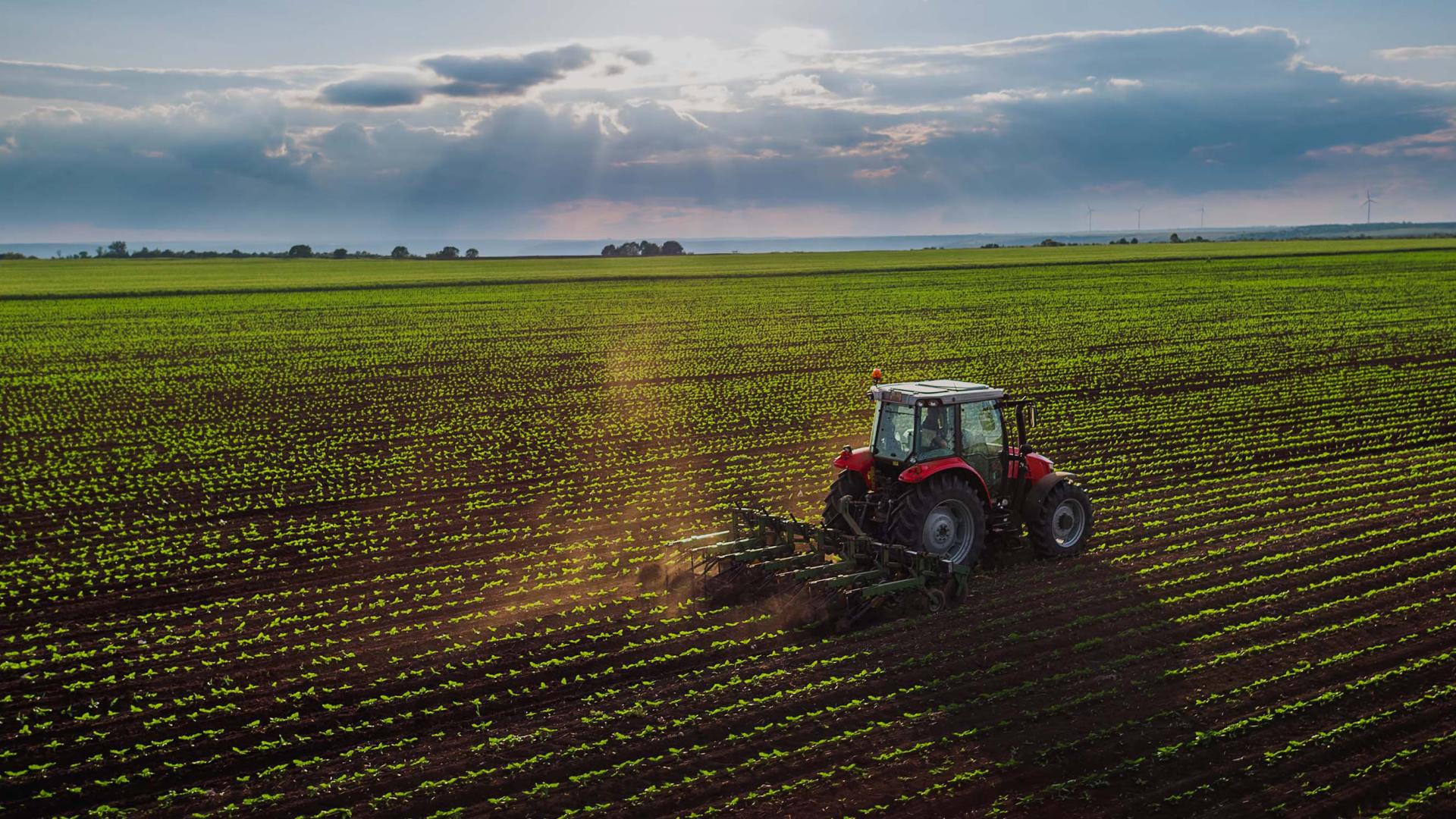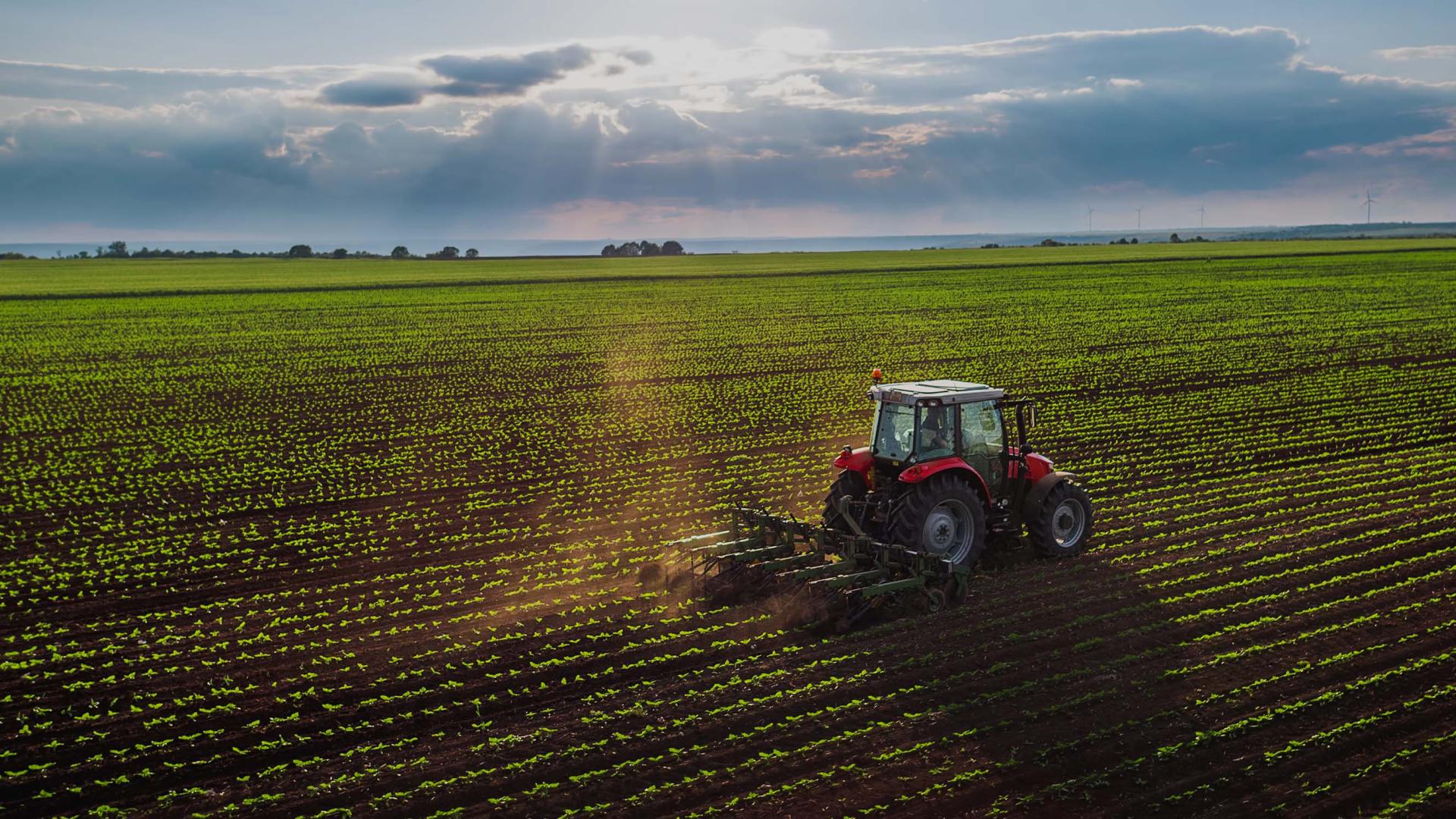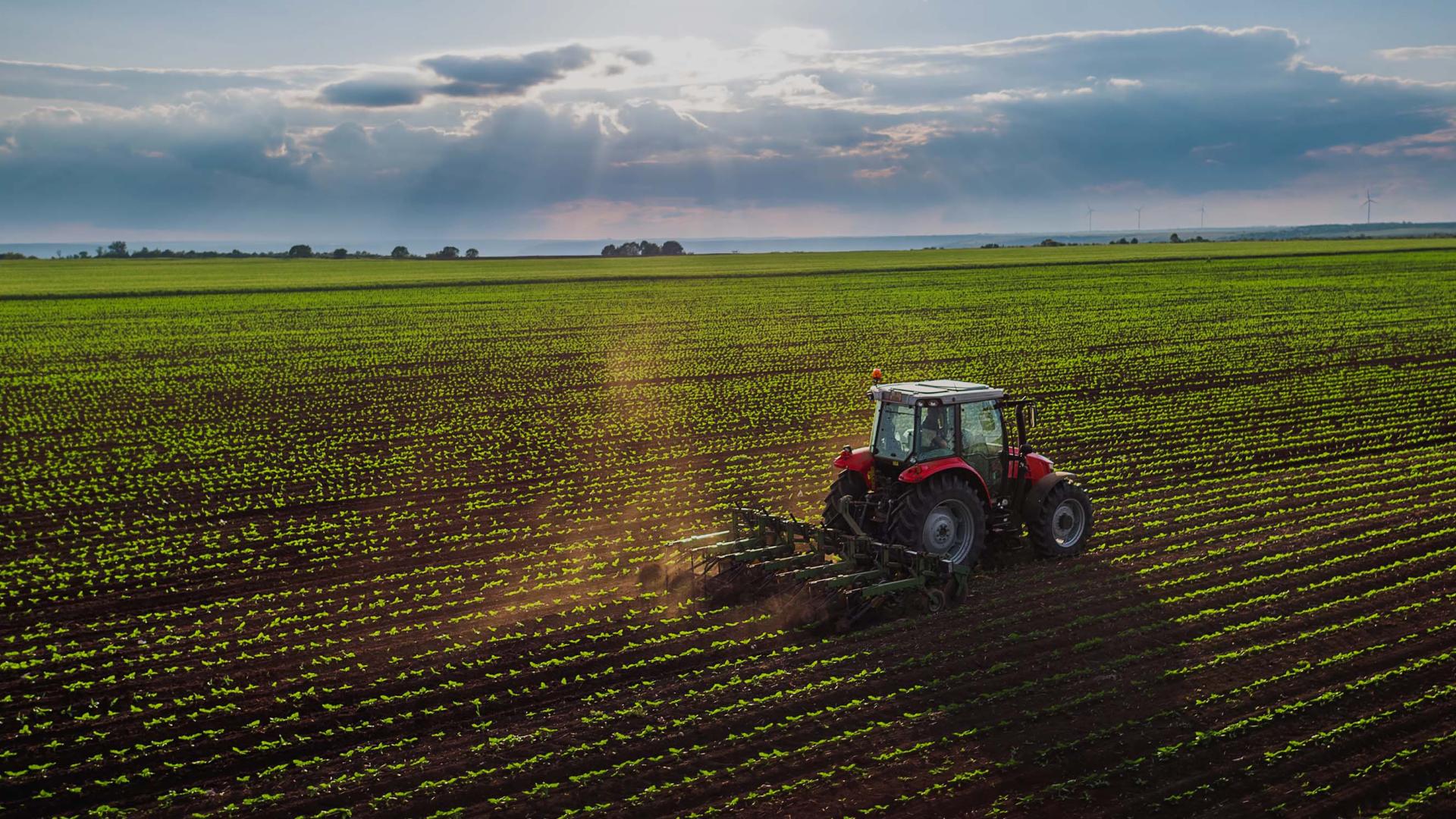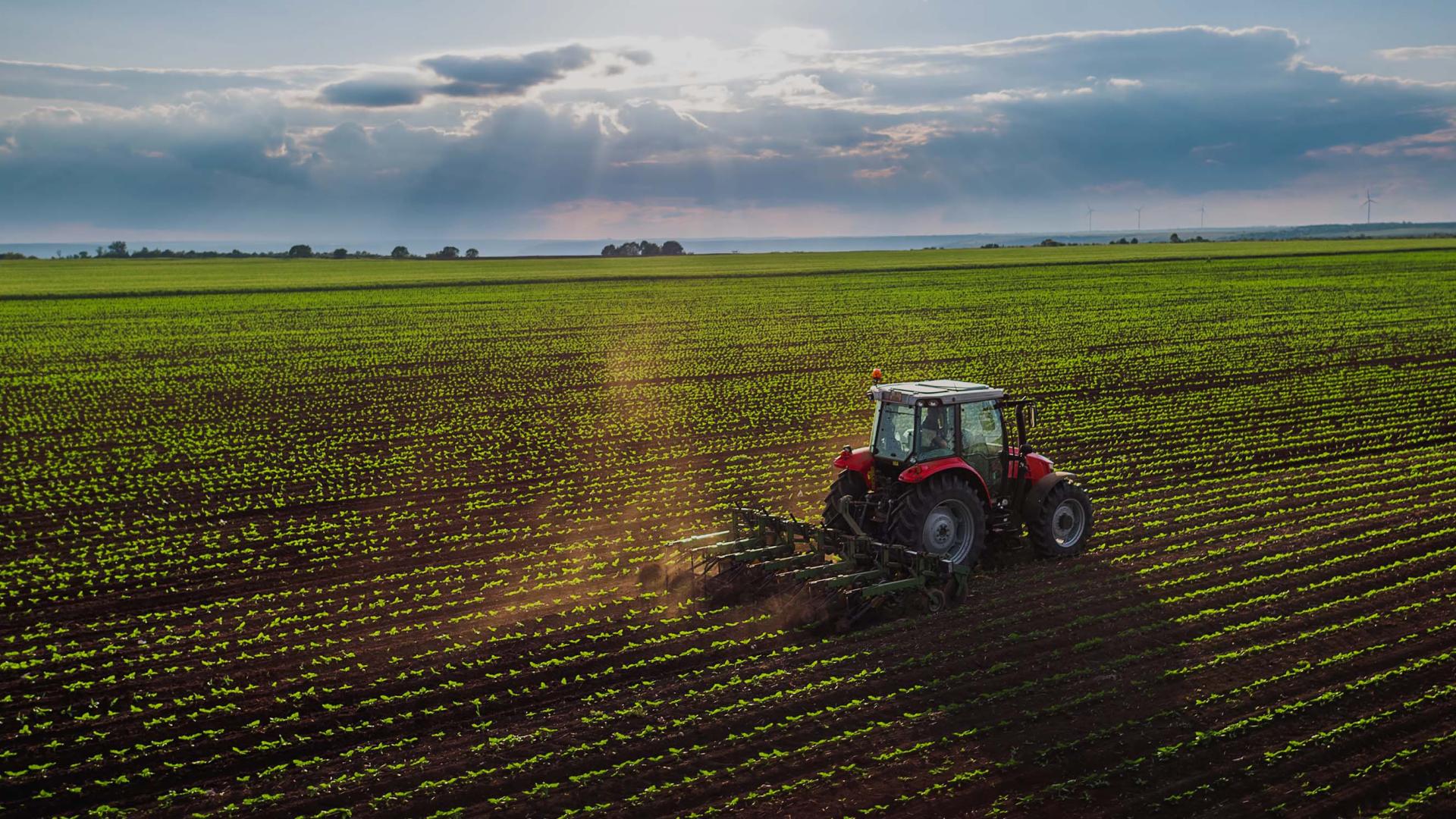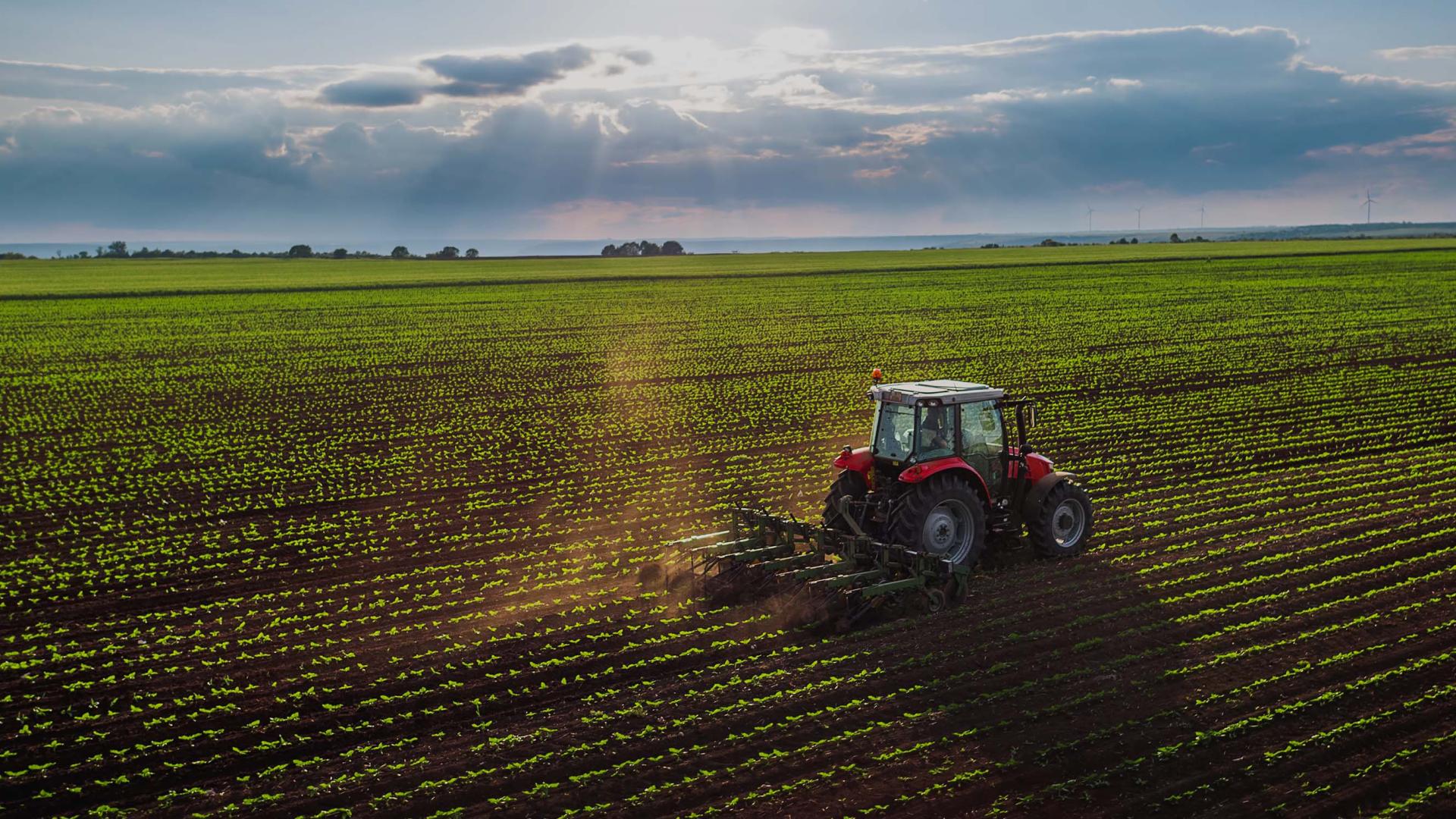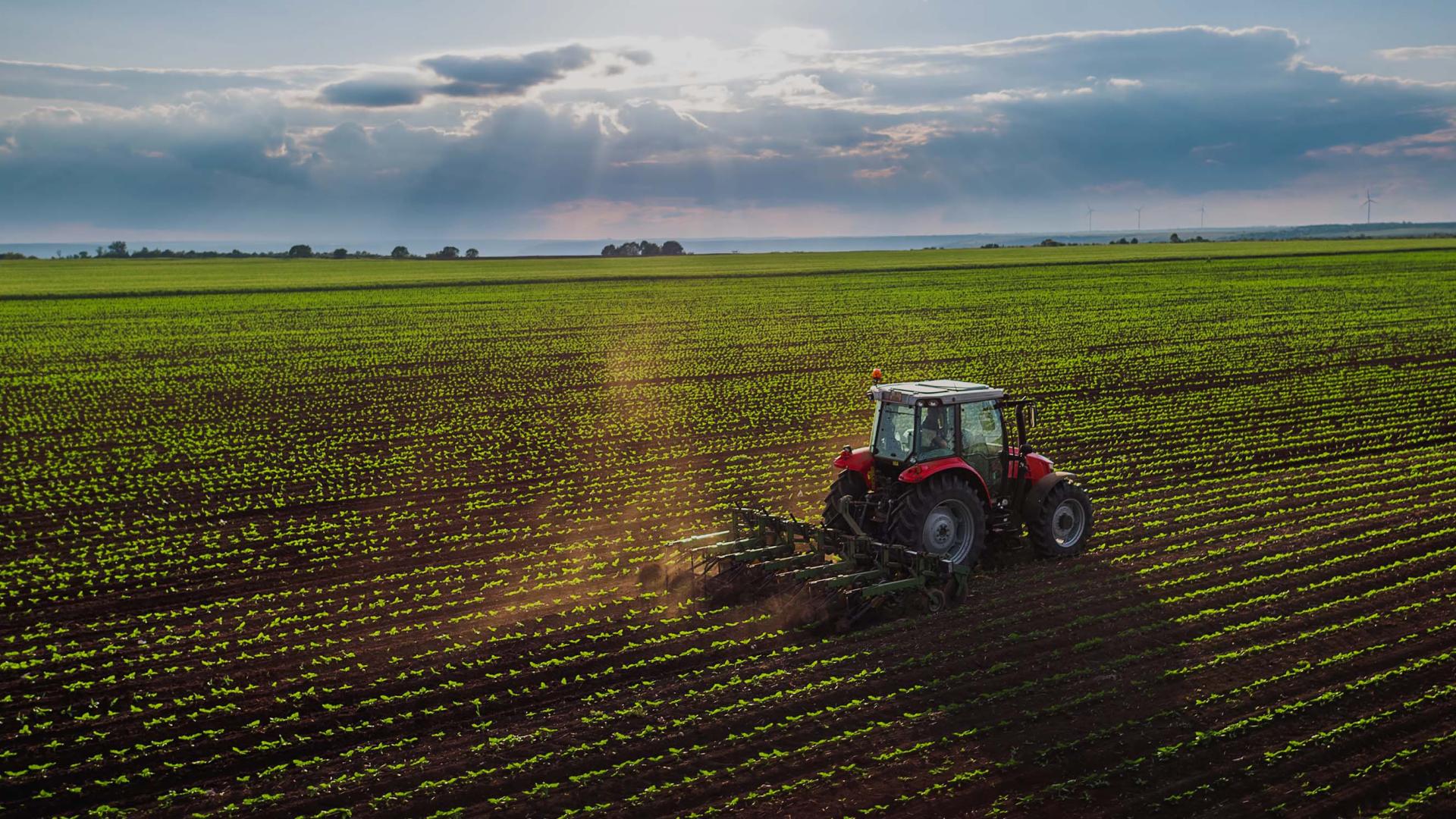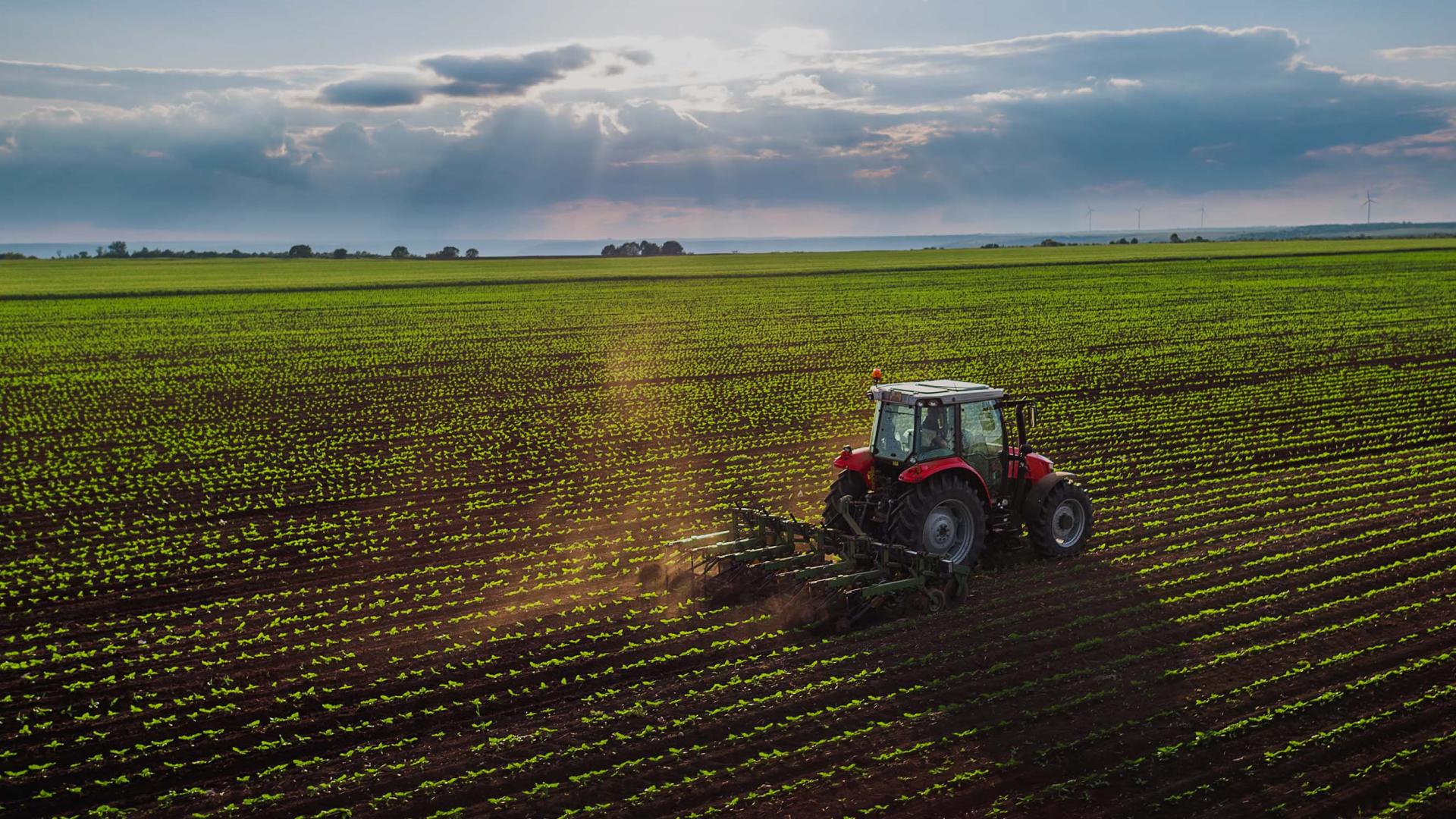Farm vehicle insurance is essential protection for agricultural operations across the UK. Whether you're operating tractors, combine harvesters, or specialized farming equipment, having the right insurance coverage protects your business from financial losses due to accidents, theft, or damage.
What is Farm Vehicle Insurance?
Farm vehicle insurance provides comprehensive coverage for agricultural vehicles and equipment used in farming operations. This specialized insurance recognizes the unique risks and requirements of agricultural businesses, offering tailored protection that standard commercial vehicle insurance may not adequately cover.
Types of Farm Vehicles Covered
Farm vehicle insurance typically covers:
- Tractors and agricultural tractors
- Combine harvesters and crop machinery
- Balers and mowing equipment
- Spraying equipment and spreaders
- Telehandlers and loading equipment
- Trailers and agricultural attachments
- Quad bikes used for farm work
- Utility vehicles and farm trucks
- Specialized dairy equipment vehicles
- Forestry and land management vehicles
Key Coverage Areas
Third Party Liability
Protects against claims from third parties for injury or property damage caused by your farm vehicles. This is legally required coverage for vehicles used on public roads.
Comprehensive Coverage
Provides protection against theft, fire, vandalism, and accidental damage to your farm vehicles and equipment.
Employers Liability
Essential coverage when employees operate farm vehicles, protecting against workplace injury claims.
Transit Coverage
Protects vehicles and equipment while being transported between locations or to agricultural shows and events.
Breakdown and Recovery
Specialized agricultural breakdown services that understand the unique requirements of farm equipment recovery.
Loss of Use
Compensates for rental costs of replacement equipment when your vehicles are being repaired after a covered claim.
Unique Risks for Farm Vehicles
Seasonal Usage Patterns
Farm vehicles often have intensive seasonal use periods, requiring insurance that accommodates varying usage levels throughout the year.
Off-Road Operations
Agricultural vehicles frequently operate in challenging terrain and weather conditions, increasing accident and damage risks.
High Value Equipment
Modern farm machinery represents significant capital investment, requiring adequate coverage limits to protect against total loss.
Theft Vulnerability
Farm equipment is often stored in remote locations, making it attractive to thieves and requiring specialized security considerations.
Public Road Use
Many farm vehicles must travel on public roads between fields and facilities, requiring road traffic act compliance.
Age and Condition Variables
Farm fleets often include both new high-tech equipment and older specialized machinery, each requiring appropriate coverage.
Benefits of Specialized Farm Vehicle Insurance
Agricultural Expertise
Insurers specializing in farm vehicle coverage understand the unique operational requirements and risks of agricultural businesses.
Flexible Coverage Options
Policies can be tailored to accommodate seasonal variations, multiple vehicle types, and specific operational needs.
Competitive Premiums
Specialized agricultural insurers often offer more competitive rates than general commercial vehicle insurers.
Claims Understanding
Agricultural insurance specialists understand the urgency of equipment repairs during critical farming periods.
Risk Management Support
Many insurers provide risk assessment services and safety guidance specific to agricultural operations.
Regulatory Compliance
Ensures compliance with both road traffic regulations and agricultural industry standards.
Choosing the Right Farm Vehicle Insurance
Assess Your Fleet
Document all vehicles and equipment requiring coverage, including values, usage patterns, and operational requirements.
Evaluate Coverage Needs
Consider your specific risks, including geographic factors, crop types, and operational scale.
Compare Specialist Providers
Work with insurers who specialize in agricultural coverage rather than general commercial vehicle providers.
Review Policy Terms
Ensure coverage includes off-road use, seasonal variations, and specialized equipment requirements.
Consider Bundling Options
Many insurers offer package deals combining farm vehicle insurance with other agricultural coverages.
Plan for Growth
Choose policies that can accommodate fleet expansion and equipment upgrades.
Common Exclusions and Limitations
Racing and Competition
Coverage typically excludes use in racing, competitions, or demonstrations unless specifically included.
Commercial Haulage
Using farm vehicles for commercial transport outside agricultural operations may void coverage.
Modification Restrictions
Unauthorized modifications to vehicles may affect coverage validity.
Maintenance Requirements
Policies often require regular maintenance and safety inspections to maintain coverage.
Geographic Limitations
Some policies may restrict coverage to specific geographic areas or exclude certain high-risk locations.
Age and Condition Limits
Very old equipment may face coverage restrictions or require additional inspections.
Claims Process for Farm Vehicle Insurance
Immediate Steps
Report incidents immediately, secure the scene, and document damage with photographs and witness statements.
Emergency Procedures
Many agricultural insurers provide 24/7 claims reporting to accommodate the urgent nature of farming operations.
Specialist Assessors
Claims are typically handled by assessors who understand agricultural equipment and operational requirements.
Repair Networks
Insurers often maintain networks of approved agricultural equipment repair specialists.
Temporary Replacements
During busy seasons, insurers may expedite temporary replacement equipment to minimize operational disruption.
Settlement Options
Claims can often be settled through repair, replacement, or cash settlement depending on circumstances and policy terms.
Cost Factors for Farm Vehicle Insurance
Vehicle Values and Types
Premium costs reflect the value and complexity of covered equipment.
Usage Patterns
Seasonal usage, mileage, and operational intensity affect pricing.
Claims History
Previous claims experience impacts premium calculations.
Security Measures
Implemented security systems and storage arrangements can reduce premiums.
Driver Experience
Operator experience and training levels influence pricing.
Geographic Factors
Location-specific risks including crime rates and weather patterns affect costs.
Legal Requirements
Road Traffic Act Compliance
Farm vehicles used on public roads must meet minimum insurance requirements.
Employer Obligations
Businesses must ensure adequate coverage for employee-operated vehicles.
Environmental Considerations
Coverage should include environmental liability for fuel spills or chemical accidents.
Health and Safety Compliance
Insurance should align with agricultural health and safety regulations.
Why Choose Professional Farm Vehicle Insurance?
Specialized farm vehicle insurance provides essential protection tailored to the unique needs of agricultural operations. Professional coverage ensures your business can continue operating even when equipment failures or accidents occur.
The right insurance partner understands the critical timing of agricultural operations and provides responsive service when you need it most. This specialized approach protects both your valuable equipment and your business continuity.
Getting Started with Farm Vehicle Insurance
Contact agricultural insurance specialists who understand your industry's unique requirements. Provide detailed information about your fleet, operations, and coverage needs to receive accurate quotations.
Professional agricultural insurers can assess your specific risks and recommend appropriate coverage levels to protect your farming operation effectively.
For expert guidance on farm vehicle insurance tailored to your agricultural business needs, contact our specialist team at 0330 127 2333.
Frequently Asked Questions
Do I need insurance for farm vehicles that only operate on private land?
While not legally required for vehicles that never use public roads, insurance is highly recommended to protect against theft, fire, and accident damage to valuable equipment.
Can I insure vintage or classic farm equipment?
Yes, many insurers offer specialized coverage for vintage and classic agricultural machinery, often requiring agreed value policies and specific storage conditions.
What happens if my farm vehicle causes environmental damage?
Environmental liability coverage protects against cleanup costs and third-party claims resulting from fuel spills or chemical accidents involving your farm vehicles.
Are attachments and implements covered under farm vehicle insurance?
Coverage for attachments varies by policy. Ensure your insurance specifically includes all implements, attachments, and specialized equipment used with your vehicles.
How does seasonal usage affect my farm vehicle insurance premiums?
Many agricultural insurers offer flexible policies that account for seasonal usage patterns, potentially reducing premiums during periods of lower activity.
What security measures can reduce my farm vehicle insurance costs?
Installing GPS tracking, immobilizers, secure storage facilities, and alarm systems can significantly reduce insurance premiums by lowering theft risk.
Can I get temporary coverage for hired or borrowed farm equipment?
Yes, many policies can be extended to cover temporary use of hired or borrowed equipment, ensuring continuous protection during peak seasons.
What should I do immediately after a farm vehicle accident?
Ensure safety first, then document the scene with photos, gather witness information, report to police if required, and contact your insurer immediately for claims guidance.
Are there specific requirements for insuring high-value modern farm equipment?
High-value equipment may require professional valuations, enhanced security measures, and specific coverage limits to ensure adequate protection against total loss.
How do I ensure adequate coverage when expanding my farm vehicle fleet?
Work with your insurer to establish automatic coverage for new acquisitions and regularly review policy limits to accommodate fleet growth and equipment upgrades.


 0330 127 2333
0330 127 2333
